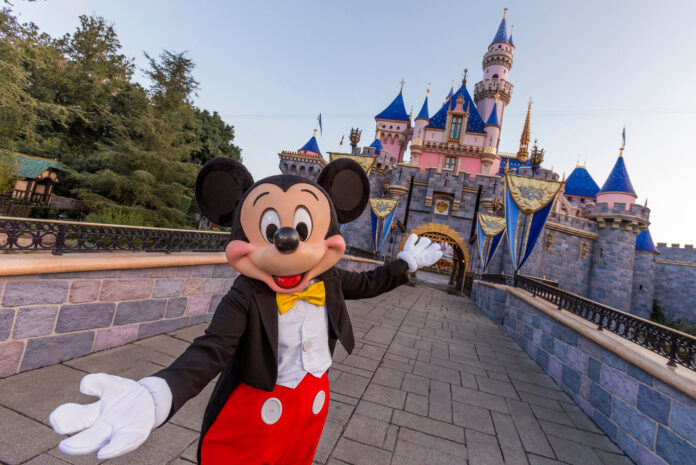Disney’s Earliest Mickey Mouse from ‘Steamboat Willie’ Enters Public Domain
Disney’s earliest version of Mickey Mouse, which debuted in the iconic animated short film ‘Steamboat Willie’ in 1928, is set to enter the public domain. This development arises as the copyright for this film expires in 2024. The implications of Mickey Mouse entering the public domain are significant for both Disney and the broader public. Let’s explore the details and potential consequences of this noteworthy milestone.
Understanding Copyright and Public Domain
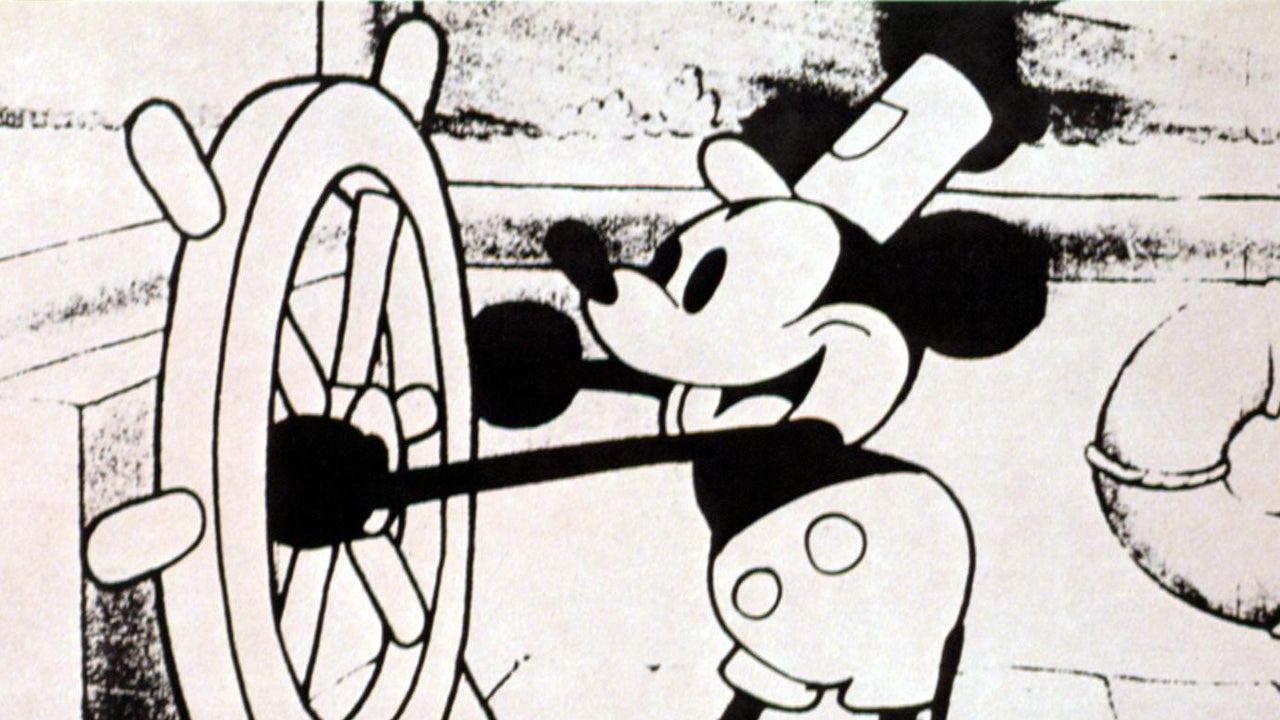
Copyright protection grants creators and copyright holders exclusive rights to their creative works. Works that are not protected by copyright are considered to be in the public domain, and can be used, copied, and reproduced without permission. In the case of ‘Steamboat Willie,’ the copyright expiration after 95 years means that anyone will be able to reproduce the 1928 version of Mickey Mouse without legal restraint.
Implications for Disney and Other Media Companies
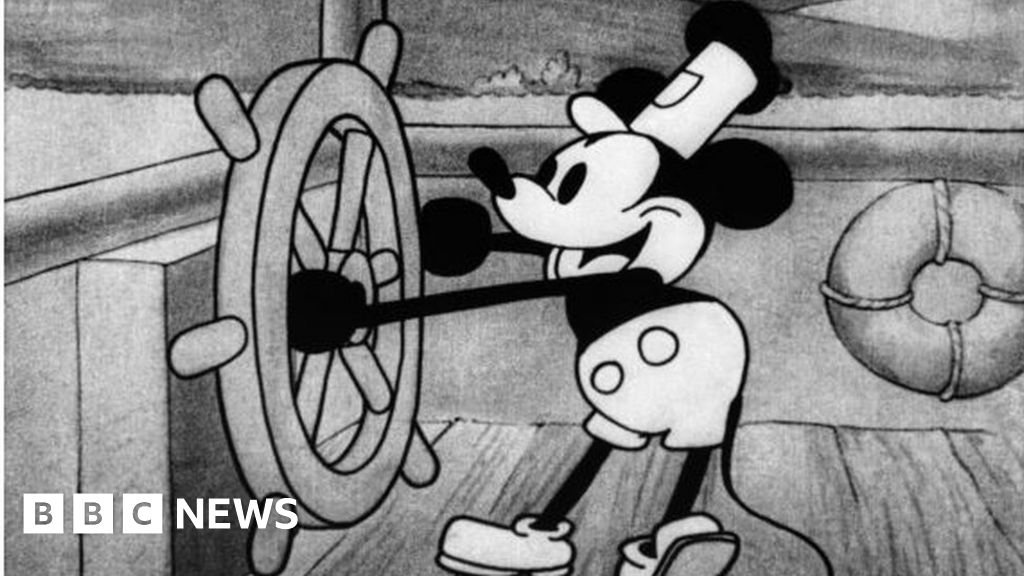
Disney, along with other media giants like Warner Bros, face the ongoing challenge of managing copyrights and safeguarding the rights to their valuable intellectual properties. Mickey Mouse’s entry into the public domain marks the beginning of a new era, as other iconic characters such as Superman, Batman, Donald Duck, The Hobbit, and James Bond will also follow suit in the coming years.
Disney’s Continuous Efforts to Protect Intellectual Property
Despite Mickey Mouse entering the public domain, it is unlikely that we will witness a flood of unofficial Mickey Mouse content in the near future. Experts predict that Disney will continue to vigorously defend its intellectual property rights, as exemplified by past incidents where the company protected its copyrights, even resorting to legal action.
The Changing Cultural Landscape
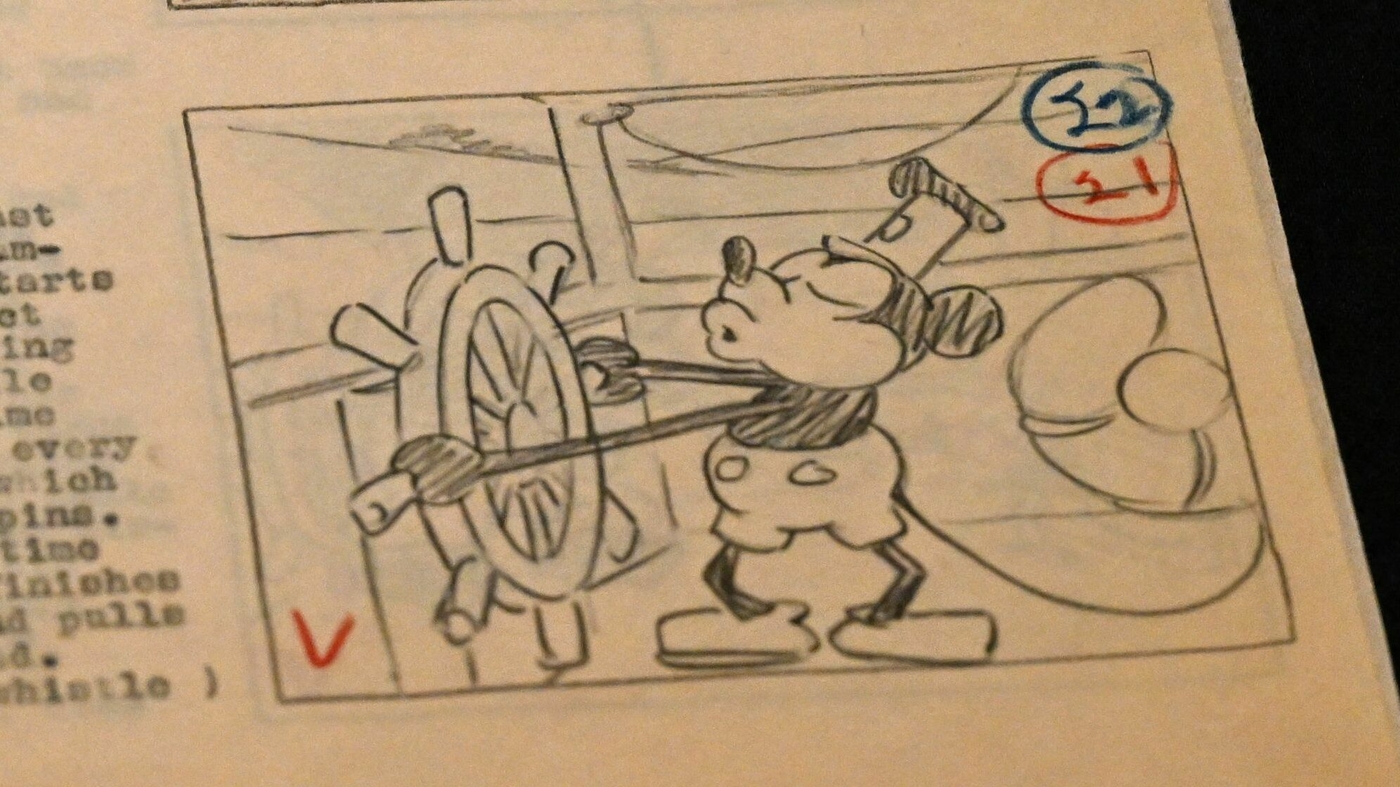
The release of ‘Steamboat Willie’ in 1928 was culturally rooted in its time, containing elements derived from blackface minstrel shows and racial stereotypes prevalent during the late 19th and early 20th centuries. In recent years, there has been a growing push to reevaluate and modify past works to align with contemporary cultural sensitivities. Notably, adaptations and modifications do not extend the copyright of the original work but can establish new copyright for the modified version.
Challenges of Modifying Copyrighted Works
While it is possible to modify copyrighted works to remove offensive or outdated content, these changes do not apply to the original copyright, nor do they extend its duration. It is vital that any modifications or adaptations create substantial and original creative content separate from the original work.
Safeguarding Disney’s Copyrighted Works
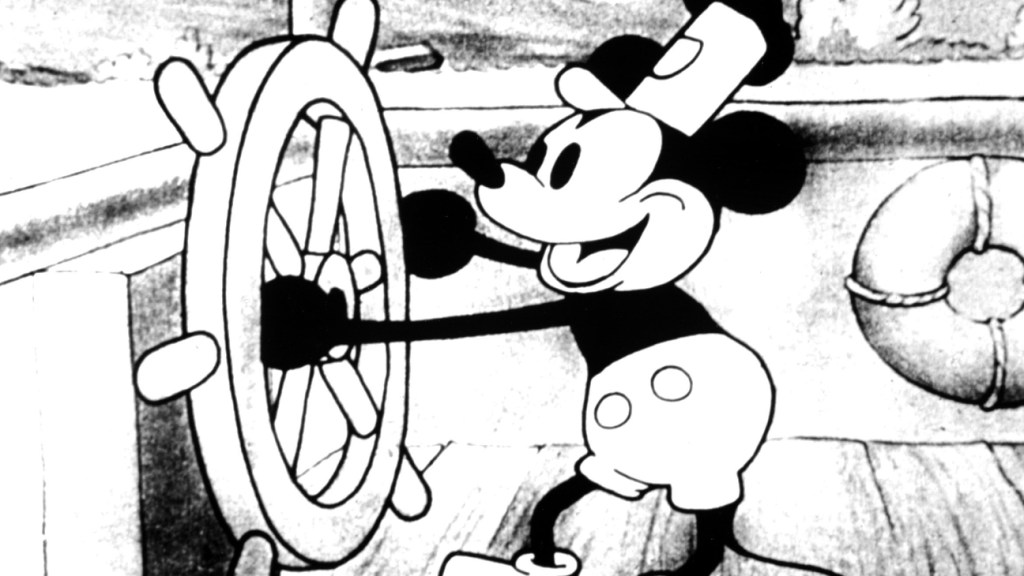
Disney holds various options to protect its intellectual property rights pertaining to Mickey Mouse. It is worth noting that only the earliest version of Mickey Mouse from ‘Steamboat Willie’ will enter the public domain, while subsequent iterations and variations will remain under Disney’s copyright protection.
The Future of Mickey Mouse
As Mickey Mouse enters the public domain, it is important to remember that its enduring legacy and cultural significance will continue. The character’s representation and presence will remain firmly tied to Disney, ensuring that the beloved icon remains a part of the company’s identity.
Conclusion
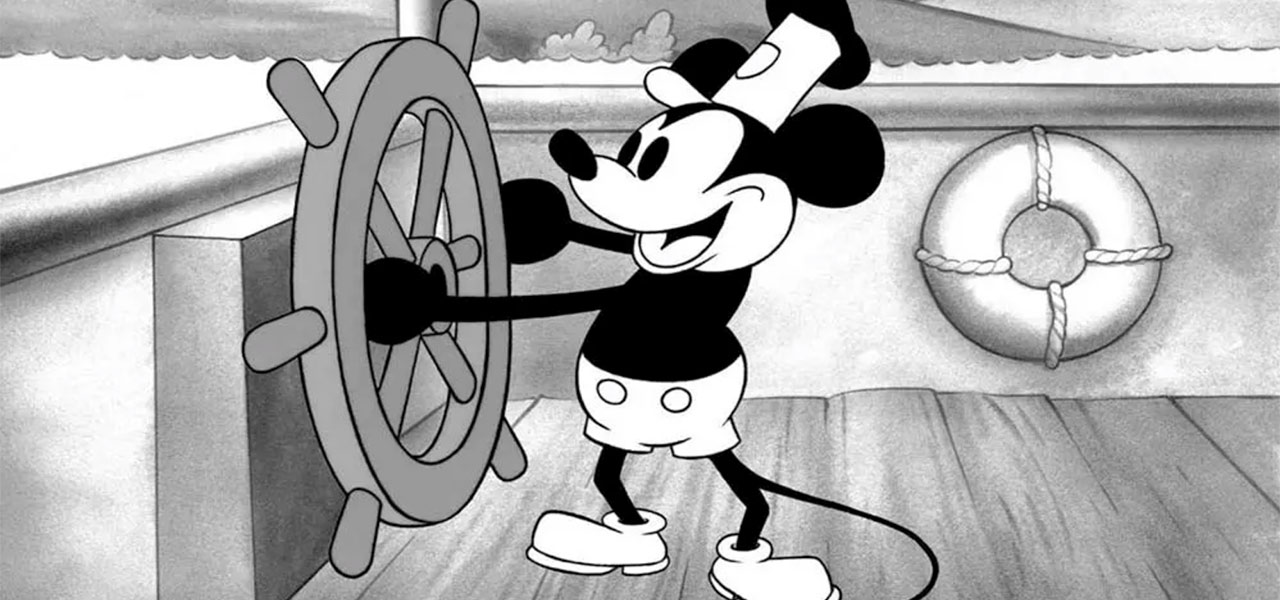
The impending entry of Disney’s earliest Mickey Mouse into the public domain signifies a significant shift in the copyright landscape. It opens up new possibilities for creative use of the character and prompts media companies like Disney to explore novel approaches to protecting their intellectual properties. The ongoing evolution of copyright law will undoubtedly shape the future of iconic characters and the broader entertainment industry.
Frequently Asked Questions (FAQs)
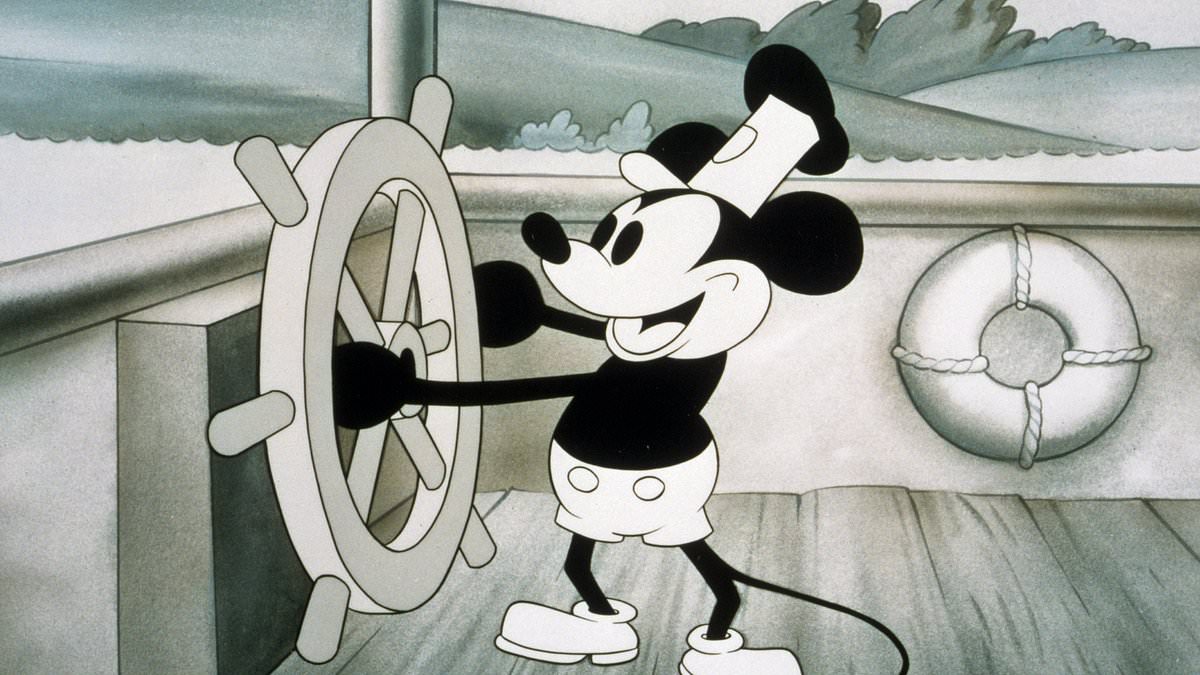
1. Will Mickey Mouse merchandise or content become freely available after entering the public domain?
No, despite entering the public domain, Disney will continue to enforce trademark and other legal protections for Mickey Mouse, ensuring that authorized merchandise and content remain under their control.
2. How will Disney navigate the public domain status of Mickey Mouse?
Disney will likely focus on continually creating new iterations and adaptations of the character, ensuring that the latest versions and interpretations maintain copyright protection.
3. Can individuals use the 1928 version of Mickey Mouse for their own creative projects?
Yes, once the copyright expires, individuals will be able to utilize the 1928 version of Mickey Mouse in their own creative endeavors without seeking permission.
4. How will the public domain status impact Disney’s revenue from Mickey Mouse?
While the public domain status may lead to some loss of exclusive control, Disney’s extensive branding, theme parks, and other revenue streams associated with Mickey Mouse are expected to remain unaffected.
5. What other significant characters are expected to enter the public domain in the near future?
Iconic characters such as Superman, Batman, Donald Duck, The Hobbit, and James Bond are among the notable figures that will enter the public domain over the next decade, raising similar questions and considerations.

